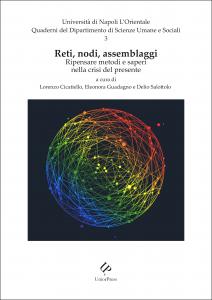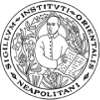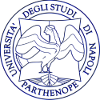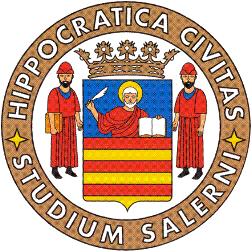Reti, nodi, assemblaggi. Ripensare metodi e saperi nella crisi del presente
Synopsis
Publisher: UniorPress
Series: Humanities and Social Sciences Book Series – University of Naples “L’Orientale”
Pages: 294
Language: Italian
Abstract: Drawing on our research experience, it becomes increasingly evident that it is no longer possible to structure analysis around paradigms that prove ineffective when tested against reality. Rethinking methods and approaches is not only a task for research but also an ethical imperative in the face of the radical transformations shaping our time. The idea is that the ethical, political, economic, and climate crises we are currently experiencing are not merely transitional moments, but rather carry within them the stakes of the future. In this light, we have chosen to reflect on certain images—”networks, nodes, and assemblages”—concepts perhaps overused, yet whose heuristic potential remains underexplored. It is not only a matter of delineating their boundaries—the mesh of the network, the intersections of conflictual and non-conflictual nodes—but also of investigating the voids they contour. The focus shifts from autonomy and dispersion to (inter)dependence and (re)assemblage: from social, economic, historical, and legal dimensions to linguistic practices, from intercultural relations to spatial experiences, from information diffusion to algorithmic structures, from the neuronal architecture of the mind to the hybrid forms taken by cities and collectives. This volume gathers the papers presented during an interdepartmental study day, conceived out of the need to rethink research tools and paradigms in the face of today’s profound transformations. In a context marked by ethical, political, economic, and climate crises, traditional analytical categories often fall short of capturing the complexity of reality. The contributions assembled here explore the potential of the images of networks, nodes, and assemblages as keys to understanding dynamics of interdependence, conflict, and reorganization across multiple domains of knowledge. From linguistics to sociology, philosophy to historiography, urban transformation to international relations, the authors examine how connections are structured, the significance of gaps and rup-
tures, and the practices of recomposition and methodological innovation. This volume is thus proposed as a space for open dialogue across disciplines and approaches, with the aim of building new pathways for research and collective reflection.
Downloads















